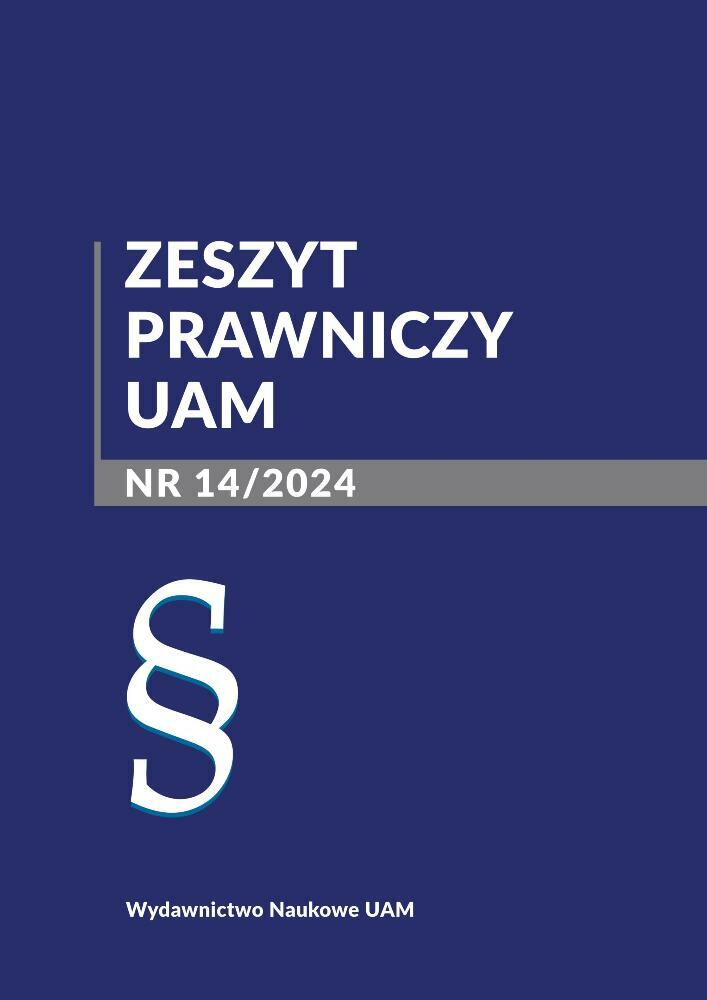Abstract
The potential inapplicability of universal human rights may be attributed to three factors: linguistic deconstruction (the unsustainability of meaning), moral considerations, and practical application. Human rights are universal principles that establish precise standards for human behaviour and are consistently safeguarded by domestic and international laws. Irrespective of age, colour, geography, language, religion, or social status, they are universally recognized as inherent, essential rights that every individual has. These principles are considered inherent in all individuals worldwide. This research examines the vocabulary used in the human rights treaty and analyses selected articles from linguistic, moral, and pragmatic perspectives. The primary goal is to demonstrate a postmodern viewpoint and elucidate it via language.
References
Barker, C., Galasiński, D. (2001). Cultural Studies and Discourse Analysis: A Dialogue on Language and Identity. London, Thousand Oaks and New Delhi. DOI: https://doi.org/10.4135/9781446219249
Biletzki, A. (2019). Philosophy of Human Rights: A Systematic Introduction. New York.Christman, J. (2002). Social and Political Philosophy: A Contemporary Introduction. London and New York. DOI: https://doi.org/10.4324/9781315766638
Foucault, M. (1982). The Archaeology of Knowledge: And the Discourse on Language. New York.
Howarth, D. (2000). Discourse. Buckingham and Philadelphia.
Strega, S. (2005). The View from the Poststructural Margins: Epistemology and Methodology Reconsidered. Toronto.
Zuckert, C. (1991). The Politics of Derridean Deconstruction. “Polity” 23(3): 335–356. DOI: https://doi.org/10.2307/3235130
License
Copyright (c) 2024 Mehmet Bektas

This work is licensed under a Creative Commons Attribution 4.0 International License.

